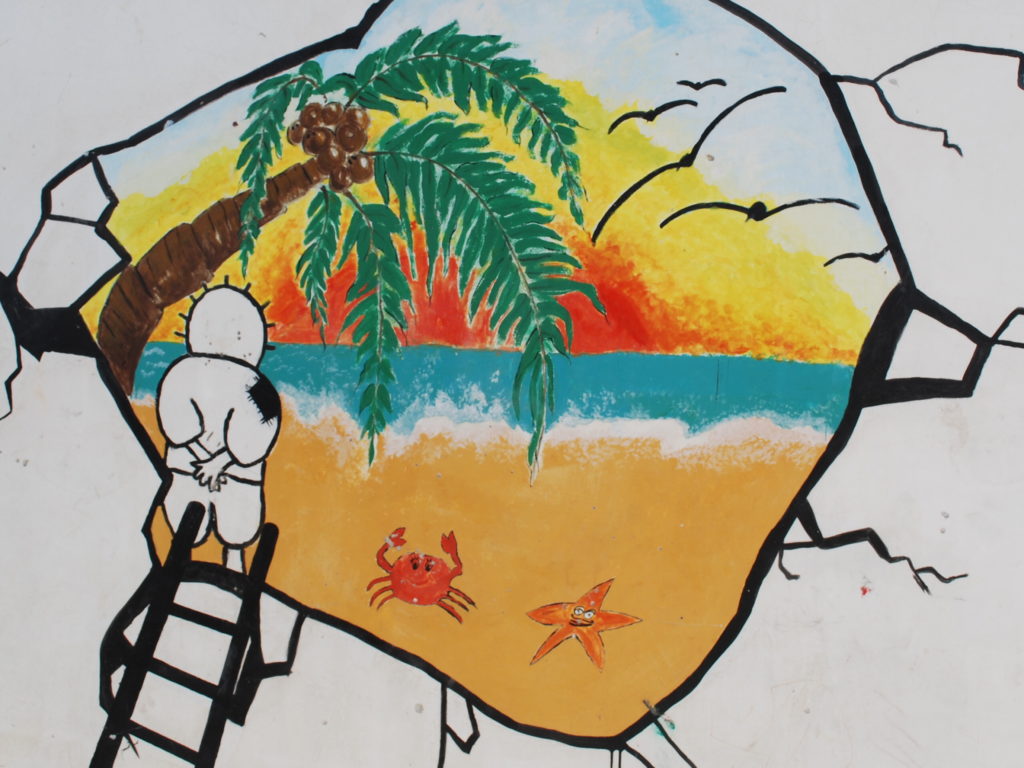Take into account the variations created by crises
Crises, especially when they are prolonged, radically and sometimes dramatically affect daily life but also perceptions, values and behaviors. So for example, the way of taking risks or the fear of “the other” will legitimize the use of violence or the fear of the future will make long-term investments and the establishment of routines difficult. It is easy to confuse the elements linked to crises with cultural determinants and imagine, for example, ‘naturally violent’ cultures, groups of ‘naturally apathetic’ displaced persons when it is crises, including the presence of humanitarian aid sometimes massive, who have developed certain traits.
It is easy to confuse the elements linked to crises with cultural determinants
In addition, humanitarian action creates its own cultures, driven by varied values and motivations and based on humanitarian law and ethics with its own logic and dynamics. Cultural contacts between different stakeholders change practices, worldviews and often generate new needs. However, these cultural contacts also allow exchanges of points of view, knowledge or behaviors that allow emulation.
humanitarian action creates its own cultures
